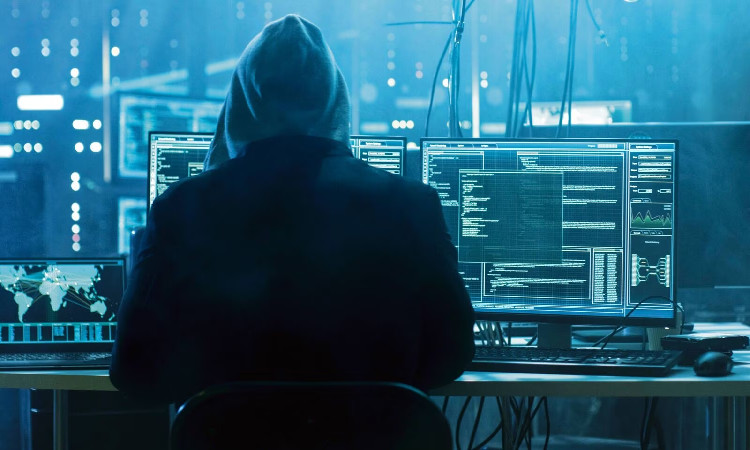
India's healthcare sector is facing a surge in cyberattacks, with an average of 6,935 attacks per week over the past six months. This is much higher than the global average of 1,821 attacks per organization, according to a report by Check Point Software Technologies.
Impact of New Technologies
The report says that the increased attacks are due to the growing use of electronic health records (EHRs), telemedicine, and Internet of Things (IoT) devices in healthcare. These new technologies give hackers more ways to attack.
Email as a Main Attack Tool
Sundar Balasubramanian, Managing Director for India and SAARC at Check Point Software Technologies, pointed out the dangers of email. "Hackers can easily fake email addresses and send harmful content, making email a powerful tool for spreading malware, stealing information, and tricking people," he said. He advises users to be careful with emails, avoid opening unknown attachments, use strong passwords, turn on two-factor authentication, and be wary of suspicious emails.
Other Sectors Under Attack
The report also shows that other sectors in India are often targeted by cyberattacks. Education and research institutions face an average of 6,244 attacks per week, consulting firms encounter 3,989 attacks, and government/military organizations experience 3,618 attacks per week. On average, Indian organizations face 2,924 attacks per week, nearly double the global average of 1,401.
Common Malware and Weak Points
The most common harmful software in India includes 'FakeUpdates', botnets, and a Remote Access Trojan (RAT) called ‘Remcos’. The report says that the most commonly exploited weakness is information leaks, affecting 72% of organizations. This is followed by Remote Code Execution, affecting 62%, and Authentication Bypass, affecting 525 cases.
How Malware is Delivered
In the last 30 days, 63% of harmful files in India were delivered via email, while 37% were spread through the web. The report notes that 58% of harmful files sent via email were executable files, while 59% of harmful files delivered through the web were PDF files.
Conclusion
These findings highlight the need for strong cybersecurity measures across various sectors in India. With many attacks being delivered via email and the web, organizations must use strong security protocols and teach users best practices to reduce these threats.

Supreme Court Awards ₹15 Lakh Compensation in Medical Negligence Case
India's healthcare sector is facing a surge in cyberattacks, with an average of 6,935 attacks per week over the past six months. This is much higher than the global average of 1,821 attacks per organization, according to a report by Check Point Software Technologies.
CMCH Doctors Perform Advanced Cardiac Surgery
Tamil Nadu Doctors Threaten Protests Over Salary, Staffing, and Leave Issues
With deep sadness & heavy heart informing the sad demise of IMA Cherthala Branch member Dr Seena P (49), Assistant professor Of Dermatology at Alappuzha Medical college & Wife of Dr. Vivek Kumar Ravi (Deputy Director DHS ) Heartfelt condolences IMA ALAPPUZHA BRANCH
We have various options to advertise with us including Events, Advertorials, Banners, Mailers, etc.